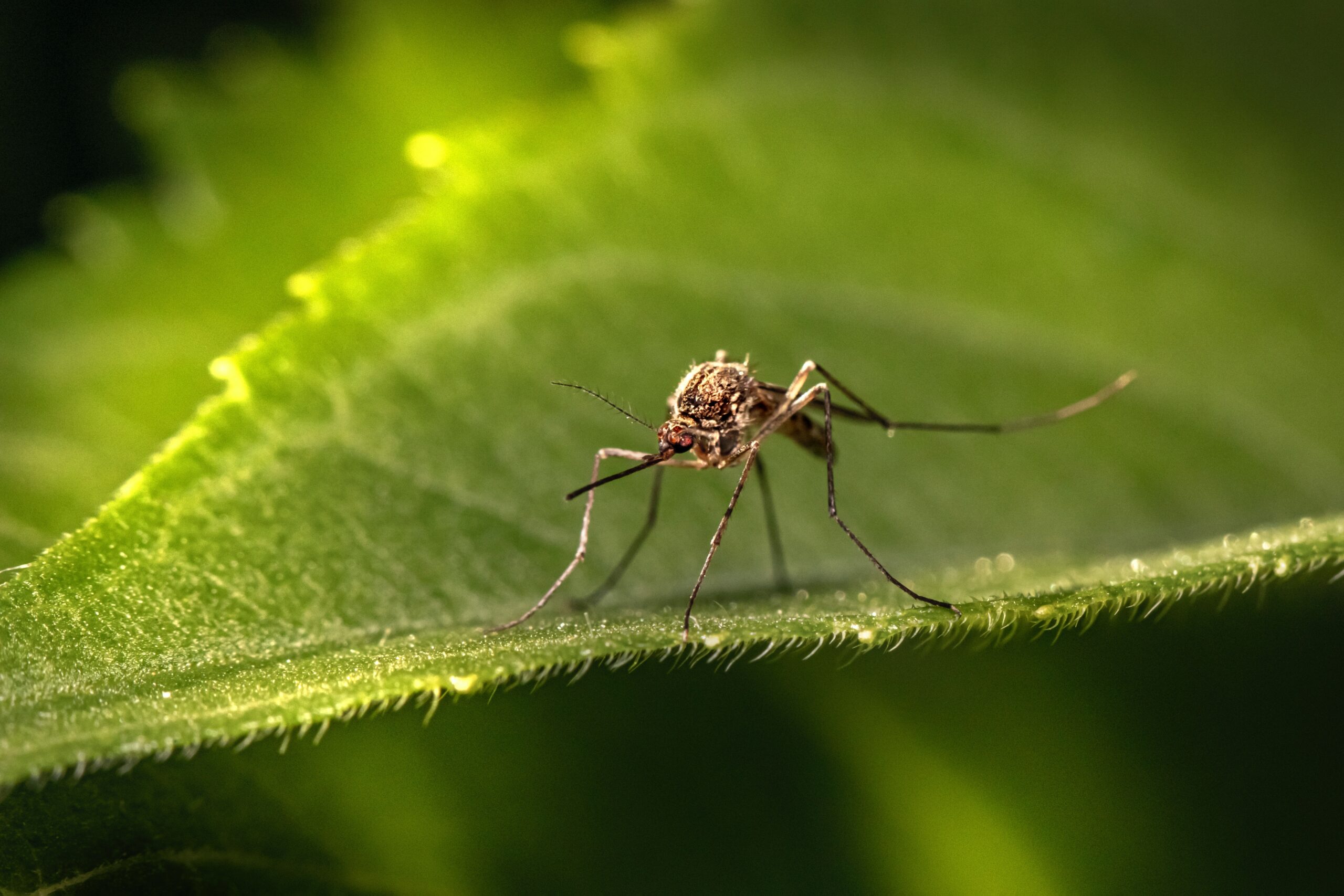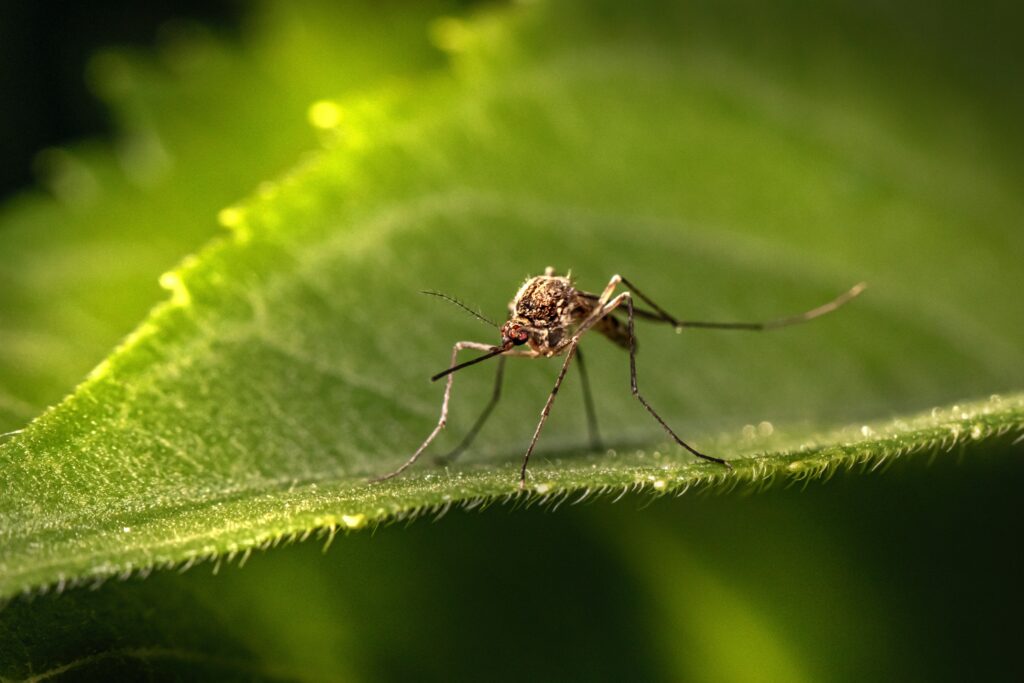

If you’ve spent any amount of time searching for a mosquito repellent, you’ve likely come across an enormous amount of products. You’ve also probably seen the debate among repellents and their ingredients. Which ones are safe to use? Are they toxic? Can I use them on my kids or pets? Is it actually effective? In this article, we created an in-depth guide exploring repellent ingredients and their pros and cons.
What is The Debate About Mosquito Repellent?
To put it simply, the debate is primarily surrounded by DEET. While popular, DEET has gained a bad reputation in recent years because of some reported side effects such as allergic reactions when applied to the skin. Not to mention, DEET mosquito repellents can burn eyes or cause some discomfort if inhaled accidentally. In rare cases, it has been associated with seizures in some individuals. However, the National Pesticide Information Center noted these cases often stemmed from consumers not using the repellent as directed.
There is also the issue of DEET repellents’ corrosive nature. It can damage some clothing or equipment such as lanterns or camping gear. Especially equipment containing plastic.
So why are DEET products still so popular? Because they are effective. Since DEET mosquito repellents came on the market, any alternatives were far less effective. Many experts agree that any risks from DEET products are insignificant compared to the risks associated with mosquito-borne illnesses. Nevertheless, as consumer demand increased for more natural alternatives, other formulations started to be researched and entered the marketplace with a lot of buzz.

What is DEET?
DEET (or its chemical name N,N-Diethyl-meta-toluamide) products have been the gold standard and popular choice in mosquito repellent for decades. It works by masking our scent so mosquitos have a harder time finding us. Mosquito repellent with DEET as a primary ingredient is easy to find and highly recommended by avid outdoorsmen. Many “deep woods” varieties of repellent will contain a DEET formulation because it is highly effective and researched.
What is Picaridin?
Picaridin (or Icaridin outside the US) is a synthetic compound that repels and deters insects. While Picaridin is newer on the market only being widely used since 2005, it has quickly been adopted as a DEET-free alternative. One benefit of Picaridin is that it can deter mosquitos from you, similar to DEET, but it can also make mosquitoes less likely to feed if they land on treated skin. Unlike DEET products, it won’t damage equipment if you spray directly on any type of gear.
Since Picaridin is newer to the mosquito repellent market, it has significantly less research behind it. However, some studies have found that formulations with at least 20% picaridin are just as effective as DEET products against mosquitoes; and even more effective on biting flies.

What about Plant-Based Mosquito Repellent?
Similar to Picaridin formulations, plant-based mosquito repellent has seen a huge increase in demand from consumers looking for non-toxic products. There are thousands of formulations using ingredients sourced from plants such as citronella, lemongrass, peppermint, lemon eucalyptus, or rosemary oils. These formulas are heavily scented to deter mosquitos and may irritate individuals with allergies.
While plant-derived mosquito repellents remain popular, some consumers say they aren’t as effective as DEET or Picaridin formulas. However, natural repellents are a good option to combine with other deterrents such as lanterns, mosquito incense, etc.
Which Mosquito Repellent is Right for Me?
What mosquito repellent is best for you or your family comes down to a variety of factors. Mosquito exposure and personal sensitivity are both good starting points. The amount of exposure you are expecting (is this a backyard BBQ or a densely wooded hike?) should match your repellent selection. No matter what you choose, mosquito-borne illnesses can have severe, life-altering, and even fatal outcomes. Any repellent is always the best choice!
Check out this article for our favorite mosquito repellents from yard treatments, lotions, and everything in between!
Be the first to comment!